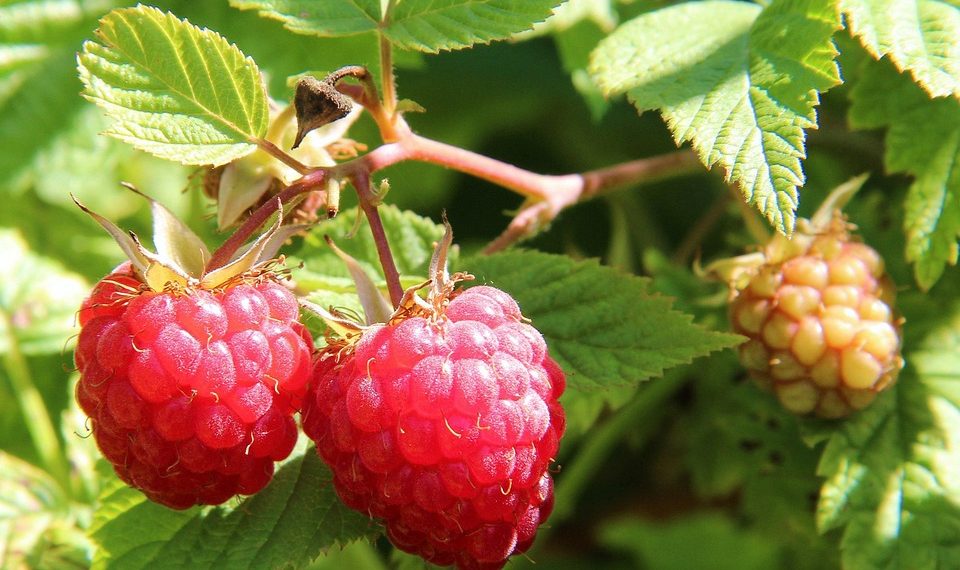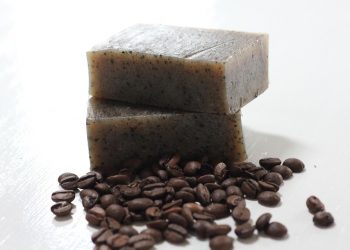5 Reasons Raspberries for Gut Balance Are a Game Changer
Have you ever taken a moment to savor the taste of fresh raspberries? The burst of flavor, the tangy sweetness, and that satisfying crunch—it’s hard not to be charmed. Beyond their delightful taste, these little berries pack a powerful nutritional punch, particularly for gut health. Here are five compelling reasons why incorporating raspberries into your diet can be a game changer for maintaining gut balance.
Contents
1. Rich in Dietary Fiber
Dietary fiber is often heralded as a cornerstone of digestive health, and raspberries shine in this department. A single cup of raspberries contains about 8 grams of fiber, which is a significant portion of the recommended daily intake. Fiber helps to regulate bowel movements, manage appetite, and support overall gut health.
A study published in the Journal of Nutritional Biochemistry found that increased dietary fiber can help reduce the risk of developing gastrointestinal disorders. Fiber acts like a broom, sweeping through the digestive tract and ensuring that things don’t get stuck.
However, it’s important to note that while fiber is beneficial, too much too quickly can lead to bloating and discomfort. When adding raspberries or any high-fiber food into your diet, gradual introduction is key.
2. Packed with Antioxidants
Raspberries are not just a treat for your taste buds; they are bursting with antioxidants. These compounds are crucial for neutralizing free radicals in the body. Free radicals can lead to oxidative stress, which is linked to numerous digestive issues, including inflammation.
A peer-reviewed article in the Journal of Agriculture and Food Chemistry notes that raspberries contain ellagic acid and quercetin, two powerful antioxidants known for their anti-inflammatory properties. By incorporating raspberries into your diet, you may lower the risk of developing inflammatory bowel diseases.
Yet, it’s essential to maintain a balanced diet. Relying solely on one food, even one as nutritious as raspberries, could lead to an imbalanced nutrient intake. Combining them with other fruits and vegetables can provide a broader nutrient profile.
3. Source of Prebiotics
Prebiotics are dietary fibers that feed beneficial gut bacteria. Raspberries’ fiber composition includes both soluble and insoluble fibers, thus acting as a source of prebiotics. These fibers can encourage the growth of good bacteria in the gut, which are integral for digestive health.
A study published in Nature Reviews Gastroenterology & Hepatology highlights how prebiotics can enhance gut microbial diversity, contributing to better gut balance and health. By feeding the good bacteria, you help create a thriving, balanced microbiome, which can aid in digestion and improve immune function.
However, it’s worth mentioning that individual responses to prebiotics can vary. Some people may experience gas or discomfort when consuming large amounts, so moderation is advisable.
4. Blood Sugar Regulation
Interestingly, raspberries can play a role in managing blood sugar levels. Their low glycemic index, combined with a high fiber content, means they are less likely to cause spikes in blood sugar compared to other sugary snacks. This is particularly crucial for those trying to manage conditions like diabetes.
Research featured in the American Journal of Clinical Nutrition reveals that berries can improve glycemic control, which is significant for overall metabolic health. By stabilizing blood sugar levels, raspberries can help reduce cravings for unhealthy foods and contribute to a more balanced diet.
That said, while they can help, it’s essential to consider the overall diet. Balanced meals incorporating healthy fats and proteins with carbohydrates can further enhance blood sugar control.
5. Mood and Gut Connection
The relationship between gut health and mental well-being is a fascinating subject gaining attention in research. The gut-brain axis highlights how our gut health can influence mood and mental health, and raspberries may contribute positively to this connection.
Raspberries contain vitamins C and K, which are known to support brain health. A study published in the Frontiers in Psychology indicates that a well-balanced diet rich in fruits can elevate mood and cognitive function. Including raspberries might provide some additional benefits to help you feel your best.
It’s essential to recognize, though, that emotional health is multi-faceted. Several factors, including lifestyle and mental health support, play crucial roles alongside diet. Raspberries can be a delightful addition, but they should complement a broader approach to mental well-being.
FAQs
1. How can I incorporate raspberries into my diet?
You can easily add raspberries to oatmeal, yogurt, salads, smoothies, or snack on them raw. They pair well with both sweet and savory dishes.
2. Can raspberries cause digestive issues for some individuals?
Yes, although raspberries are high in fiber and generally safe, some individuals may experience gas or bloating if they suddenly increase fiber intake. It’s best to introduce them gradually.
3. Are frozen raspberries as nutritious as fresh ones?
Frozen raspberries retain most of their nutritional value. They can be an excellent alternative, especially during off-seasons when fresh raspberries are not available.
4. What is the recommended daily intake of raspberries?
There isn’t a specific recommendation for raspberries, but consuming a variety of fruits, including berries, as part of a balanced diet is beneficial. Aim for at least one serving of fruits per meal.
Conclusion
Raspberries are more than just a tasty snack; they are an agent of positive change for your gut health. From their high fiber content and antioxidant properties to their role as prebiotics and their ability to support blood sugar levels, these little berries are worth including in your diet. However, remember that a holistic approach—incorporating a variety of nutrient-rich foods and listening to your body—is crucial for achieving optimal gut balance.
So next time you encounter raspberries, perhaps you’ll view them as more than a treat. They could be a valuable partner in your journey to a healthier gut.
References
- Slavin, J. L. (2013). “Fiber and Prebiotics: Mechanisms and Health Benefits”. Journal of Nutritional Biochemistry. URL: https://www.sciencedirect.com/science/article/abs/pii/S095528631300003X
- Ou, S. (2016). “The role of fruit and vegetable consumption in the intake of bioactive compounds”. Journal of Agriculture and Food Chemistry. URL: https://pubs.acs.org/doi/abs/10.1021/acs.jafc.5b05092
- Vanegas, G. R., & Gatchalian, C. B. (2017). “Dietary Polyphenols for the Prevention of Diverticular Disease: A Review”. American Journal of Clinical Nutrition. URL: https://academic.oup.com/ajcn/article/105/5/1159/4633225
- Zopf, Y., et al. (2021). “Diet and Depression: A Review of the Evidence”. Frontiers in Psychology. URL: https://www.frontiersin.org/articles/10.3389/fpsyg.2022.733974/full
Get Your FREE Natural Health Guide!
Subscribe now and receive our exclusive ebook packed with natural health tips, practical wellness advice, and easy lifestyle changes — delivered straight to your inbox.














